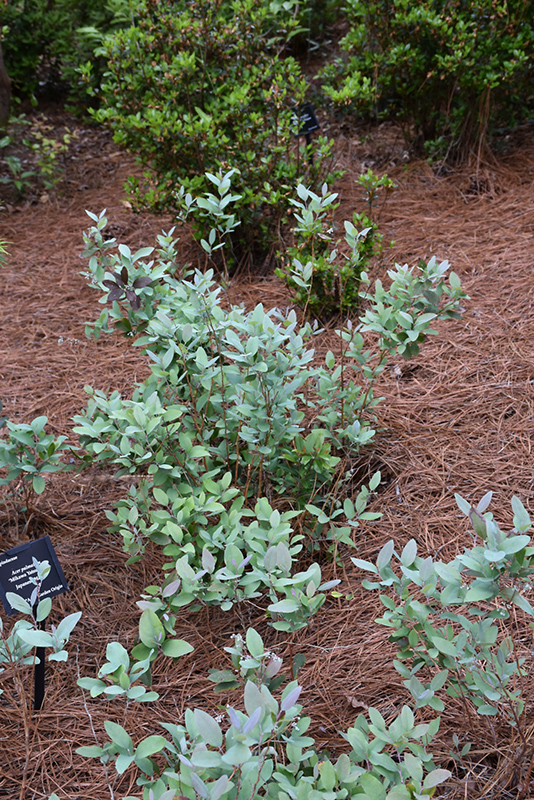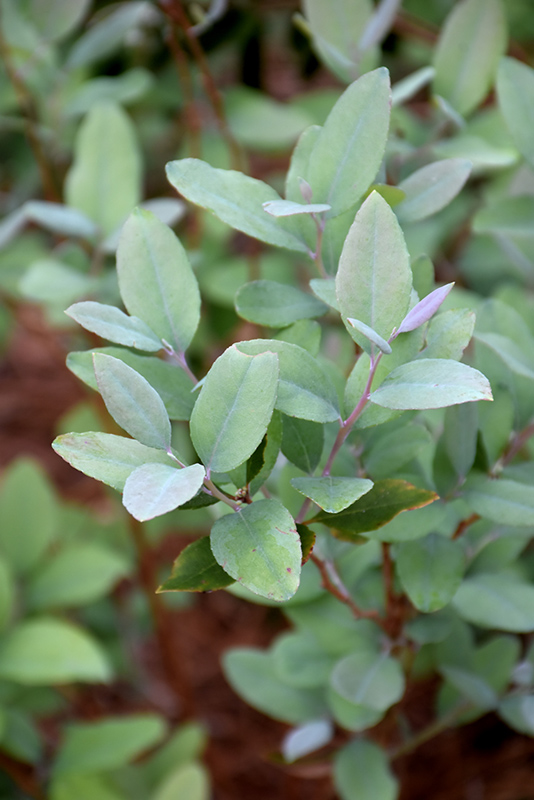|
|
|
| home | about us | loyalty program | products | directions | warranty | garden splendor ® | plant collector | landscaping | |
| Plant Finder | |
|
Woodlander's Blue Dusty Zenobia Zenobia pulverulenta 'Woodlander's Blue' Height: 7 feet Spread: 6 feet
Sunlight:
Hardiness Zone: 6a Description: A highly ornamental shrub, prized for its delicate and showy clusters of small creamy white bell-shaped flowers in spring; pinkish new foliage matures to powdery blue-green; lovely scarlet fall color; performs best in moist, organic and acidic soils Ornamental Features Woodlander's Blue Dusty Zenobia is draped in stunning chains of lightly-scented white bell-shaped flowers hanging below the branches in mid spring. It has attractive bluish-green foliage with hints of powder blue which emerges pink in spring. The oval leaves are highly ornamental and turn an outstanding scarlet in the fall, which persists throughout the winter. Landscape Attributes Woodlander's Blue Dusty Zenobia is a dense multi-stemmed evergreen shrub with an upright spreading habit of growth. Its average texture blends into the landscape, but can be balanced by one or two finer or coarser trees or shrubs for an effective composition. This shrub will require occasional maintenance and upkeep, and should only be pruned after flowering to avoid removing any of the current season's flowers. Deer don't particularly care for this plant and will usually leave it alone in favor of tastier treats. It has no significant negative characteristics. Woodlander's Blue Dusty Zenobia is recommended for the following landscape applications;
Planting & Growing Woodlander's Blue Dusty Zenobia will grow to be about 7 feet tall at maturity, with a spread of 6 feet. It tends to be a little leggy, with a typical clearance of 1 foot from the ground, and is suitable for planting under power lines. It grows at a slow rate, and under ideal conditions can be expected to live for 40 years or more. This shrub does best in full sun to partial shade. It prefers to grow in moist to wet soil, and will even tolerate some standing water. It is very fussy about its soil conditions and must have rich, acidic soils to ensure success, and is subject to chlorosis (yellowing) of the foliage in alkaline soils. It is somewhat tolerant of urban pollution, and will benefit from being planted in a relatively sheltered location. Consider applying a thick mulch around the root zone in winter to protect it in exposed locations or colder microclimates. This is a selection of a native North American species. Characteristics
Applications
Features & Attributes
|
|

